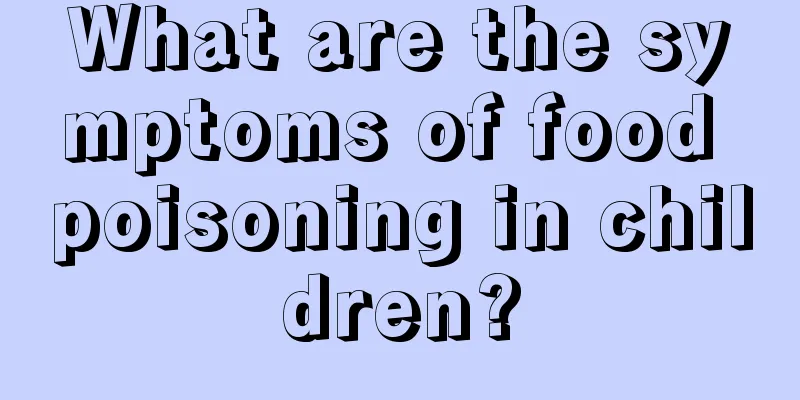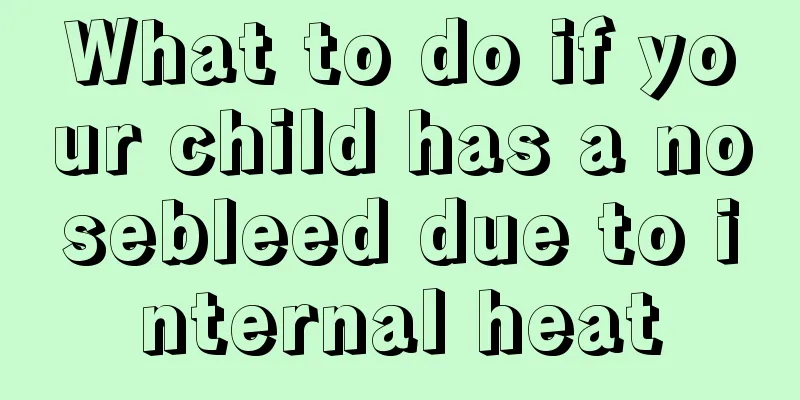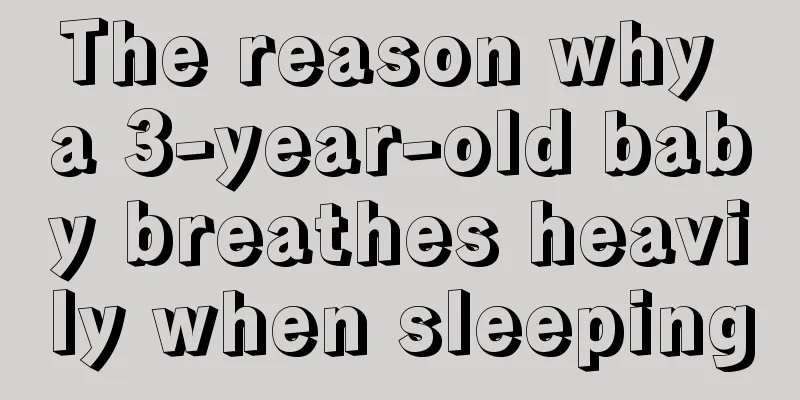What are the symptoms of food poisoning in children?

|
Food poisoning often occurs in spring, and is more common in children. When food poisoning occurs, the clinical manifestations are varied, and the symptoms of infection by different pathogens are also different. Most of the symptoms may include abdominal pain, diarrhea, and vomiting. When children suffer from food poisoning, parents need to take them to the doctor immediately to prevent dehydration and shock. Treatment should be symptomatic. Clinical manifestations 1. Acute onset, abdominal pain, vomiting, diarrhea, bowel movement from several times a day to 20-30 times, mostly watery stools, bloody stools (Vibrio parahaemolyticus), may contain a small amount of mucus. 2. Some patients may suffer from chills, fever and fatigue. 3. Severe cases may cause dehydration, acidosis, and shock. Diagnostic basis 1. Epidemiological history: Food suspected of being contaminated by bacteria and their toxins was eaten within 24 hours before the onset of the disease. People who ate the food together became ill simultaneously or successively in a short period of time, reaching a peak within 1-2 days, and mostly occurred in summer and autumn. 2. Clinical features: Acute onset, nausea, vomiting, abdominal pain, diarrhea, etc. The frequency of bowel movements ranges from several times to 20-30 times a day. The stools are mostly watery and may contain a small amount of mucus and occasionally pus and blood. 3. Laboratory examination: Take suspicious food and vomit and culture it to grow the same pathogen, such as Salmonella, Vibrio parahaemolyticus, Proteus, Escherichia coli, Clostridium perfringens, Bacillin, etc., or obtain Staphylococcal enterotoxin. Food poisoning should be treated as soon as possible, especially for children. In the early stages of poisoning, vomiting and gastric lavage can be performed; those with severe abdominal pain and diarrhea can be injected with atropine; those who are dehydrated should replenish fluids as soon as possible; they can also drink liquids with a little salt and sugar added; antibiotics can also be used. If the poisoning is caused by Clostridium botulinum, first aid should be given immediately and anti-botulinum serum should be injected. Children are prone to food poisoning, mainly because they do not pay attention to personal hygiene and eat moldy or contaminated food. After children suffer from food poisoning, they should be treated actively, mainly symptomatically and causally. In fact, food poisoning can be effectively prevented by targeting the above causes. In addition, parents should pay more attention to their children's health. |
<<: What can a 5-year-old boy eat to promote bone growth?
>>: Why does my baby's toenails fall off?
Recommend
What causes high lead levels in infants?
Lead is a heavy metal element. If the content of ...
Can children drink milk when they have a fever?
Milk is a particularly popular food. Although the...
What is the best way to treat tooth decay in children?
Children's tooth decay needs to be treated ea...
Is it caused by internal heat when children cough with yellow phlegm?
The child is still very young and should not have...
What is the reason for my baby’s sudden loss of appetite?
I believe that many mothers in life will encounte...
What is the cause of intestinal prolapse in children?
Some children may suddenly feel discomfort in the...
What should I eat when my baby has a fever and rolls his eyes?
Colds and fevers are the most common diseases in ...
Do all babies need cod liver oil supplements?
Children's health is an issue that every pare...
What are the effects of small intestinal prolapse in children?
We all know that children are still in the develo...
What are the symptoms of kidney deficiency in children?
Kidney deficiency is actually a disease, and it i...
What are the causes of muscular dystrophy in children?
I believe everyone knows about muscular atrophy a...
How to care for newborns with viral colds
Because newborns have just left their mother'...
What should I do if my five-month-old baby has a fever of 38 degrees?
Babies have very low resistance and are very like...
Reasons for your baby's crying
Many parents in the middle and late stages find i...
What causes left lower abdominal pain in children?
Everyone has experienced abdominal pain to some e...









